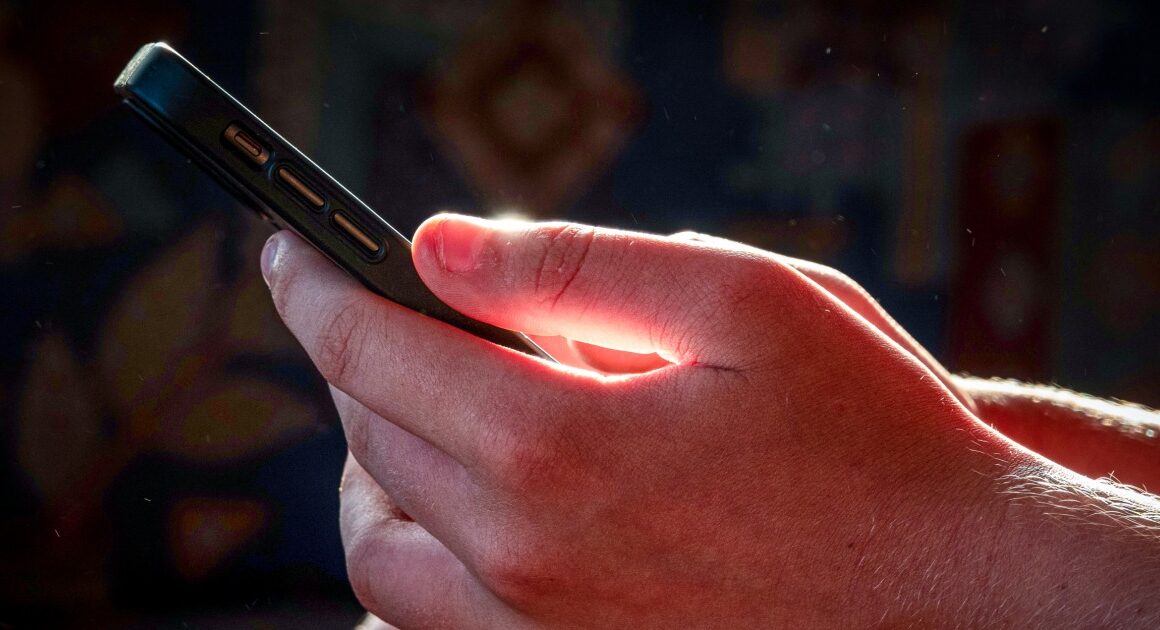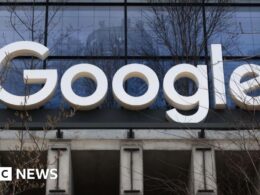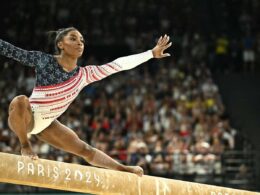An upgraded version of X’s artificial intelligence chatbot Grok can now generate images — of almost anything. And some users have noticed just how few guardrails this latest language model has, compared to its competitors.
The model, Grok-2, appears to carry few limitations on creating fake images of political figures. Since its rollout Tuesday in beta, X users have shared Grok-generated images of everything from former President Donald Trump locking lips with Elon Musk to Trump and Vice President Kamala Harris giving a thumbs up to the camera from a pilot’s cockpit as the two seemingly recreate 9/11.
Most of the images are high quality but not quite photorealistic, and many of them are easily identified as having been computer-generated. Some, however, may pass for a real photo at first glance.
The rollout adds to already-heightened concerns about the use of generative AI to spread false information ahead of the election. X has come under particular scrutiny for its role in hosting misinformation, with Musk — X’s owner and most followed user — having made dozens of posts this year sharing false or misleading claims about the upcoming U.S. election.
X has also been a hub for deepfake videos and AI images of political figures, with false media of President Joe Biden, Trump and Harris often going viral whether as a joke or due to genuine attempts to fool potential voters. Last month, Musk reposted a fake Harris campaign ad without labeling it as misleading.
When asked for comment, X’s press email returned its usual automated message: “Busy now, please check back later.”
Musk has touted X’s AI models as a key part of the company’s future. Grok-2 and its smaller sibling Grok-2 mini will be made available through the platform’s enterprise API later this month, according to an xAI blog post.
“Since announcing Grok-1 in November 2023, xAI has been moving at an extraordinary pace, driven by a small team with the highest talent density,” the post stated, adding that the launch of Grok-2 puts the company “at the forefront of AI development.”
Grok’s major competitors in the AI space, such as OpenAI’s ChatGPT, Google’s Gemini and Meta AI, have policies that prompt them to decline requests to create potentially misleading images of public figures.
But through Grok, users have been able to generate images of former President Barack Obama doing a line of cocaine, Harris pointing a gun under a false declaration that Democratic candidate Will Stancil won his Minnesota House race, and Musk crawling on all fours on a leash held by Trump.
In tests conducted by NBC News, Grok showed very few guardrails. When prompted, it created numerous images that included hate symbols or racist imagery alongside well-known individuals including Trump. For both Trump and Harris, Grok would produce images showing the candidates holding weapons, but in other instances, Grok appeared to handle images with Harris more sensitively. Grok would not generate images of Harris with extremist imagery, but it did for Trump.
Others online seem to be having fun with the new tool, generating more lighthearted images while also testing just how far they could push the boundaries.
One image of “ Baroque Obama,” depicting Obama wearing a white powdered wig and donning a luxurious coat with a lace cravat, has the former president playing the cello in an elaborately furnished room. Another punny image of “ Buzz Lightbeer” showed Toy Story’s superhero action figure Buzz Lightyear holding up a pint of beer with a smile.
Such images may bring up questions about Grok’s training data — which it has not made public — especially as many popular AI language models have been hit with lawsuits alleging that they used copyrighted images (and other kinds of copyrighted data) to train its algorithms.
Grok has also come under scrutiny recently after five secretaries of state sent a letter to Musk alleging that the AI assistant misled users about ballot deadlines in numerous states, repeating the same false information for more than a week.
,









